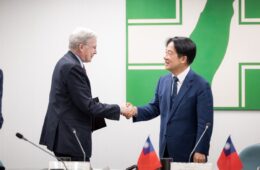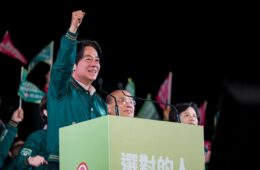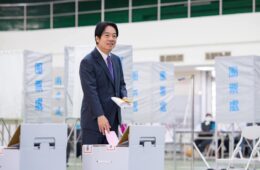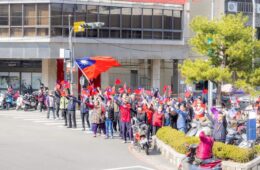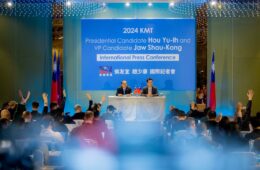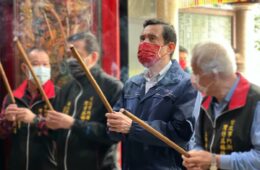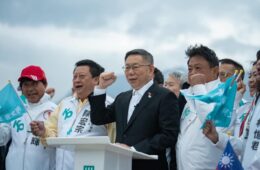Taiwan’s New President: Continuity, Priorities, Vision
It is no doubt that January 13, 2024, marked a pivotal moment in Taiwan’s political landscape as William Lai Ching-te emerged victorious in the presidential election, securing the mantle from Tsai Ing-wen. Garnering 5.59 million votes, Lai clinched 40.05% of the total ballots, signaling a new chapter in Taiwan’s leadership. Moreover, these elections had received the highest level of attention from the international community in recent memory, with roughly over 400 foreign media personnel in Taiwan covering the event...


